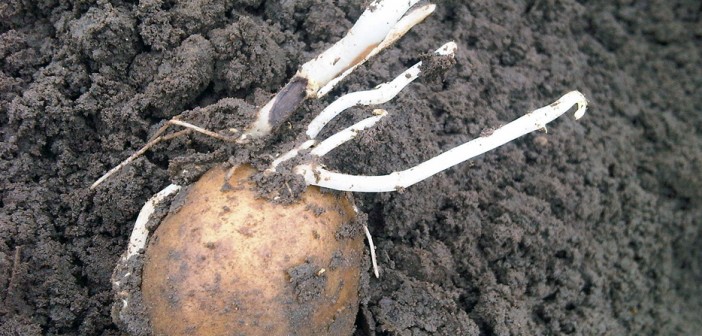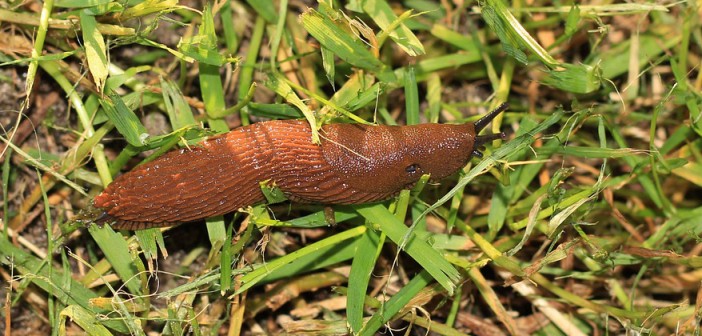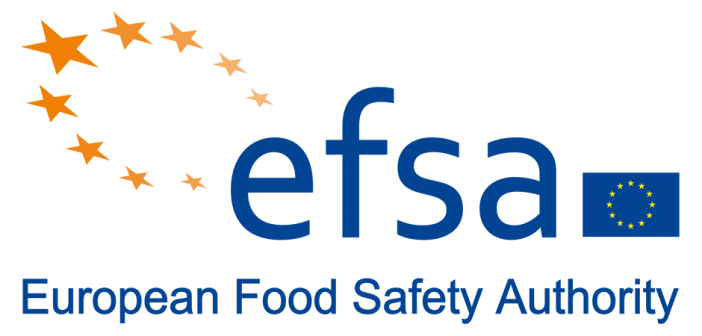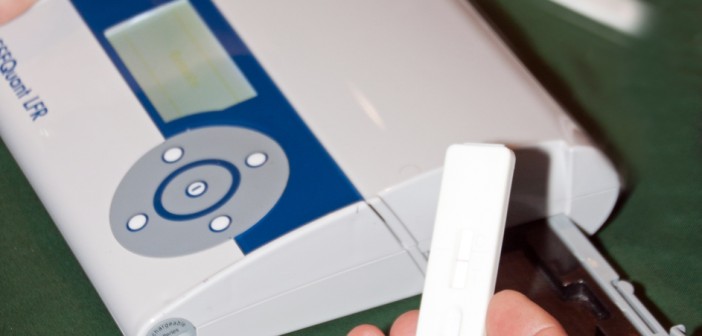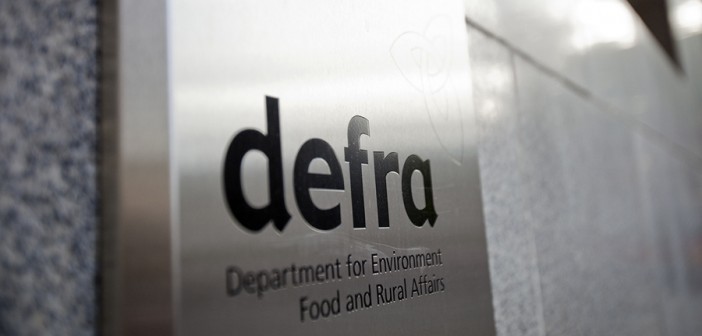International chemicals giant Bayer has reported growth in all sections of its business in its first quarter results, including modest growth in its Crop Science division.
In a statement the company said, ‘Bayer got off to a successful start in the new fiscal year. In the first quarter of 2016, the Bayer Group improved sales by 3.2% to €11.9 billion and EBITDA before special items by 15.7% to €3.4 billion. All segments improved their operating performance. Crop Science outperformed the prior-year quarter despite a weak market environment.’
First-quarter sales of the agricultural business (Crop Science) moved ahead by 1.2% to €3,023 million. “We slightly expanded business at Crop Protection/Seeds despite an ongoing weak market environment,” explained CEO Dr. Marijn Dekkers. In regional terms, the Crop Science business developed positively in North America in particular whereas sales in Europe were level year on year.
The seed growth business grew by 5.4% and fungicides grew by 2.9%. However, sales of insecticides and herbicides declined by 12.2% and minus 3.8% respectively. Sales of Seeds grew by a substantial 11.9%.
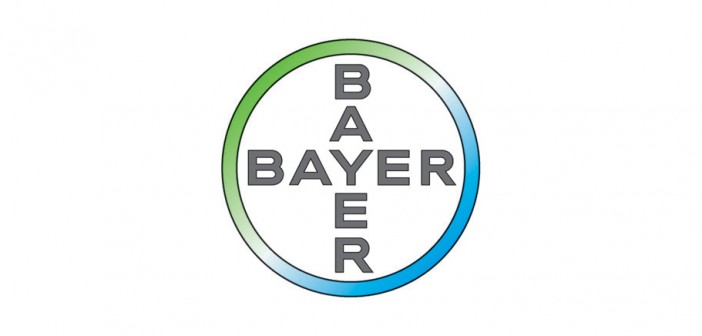
The post Bayer Crop Science sales show small growth appeared first on Hort News.

